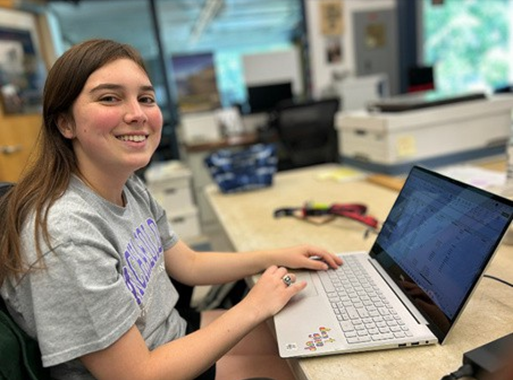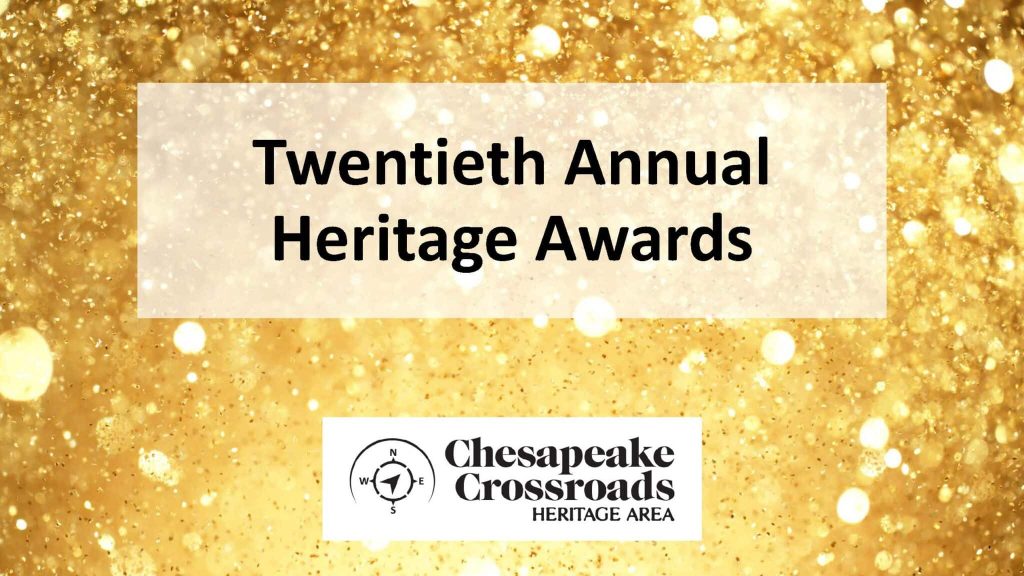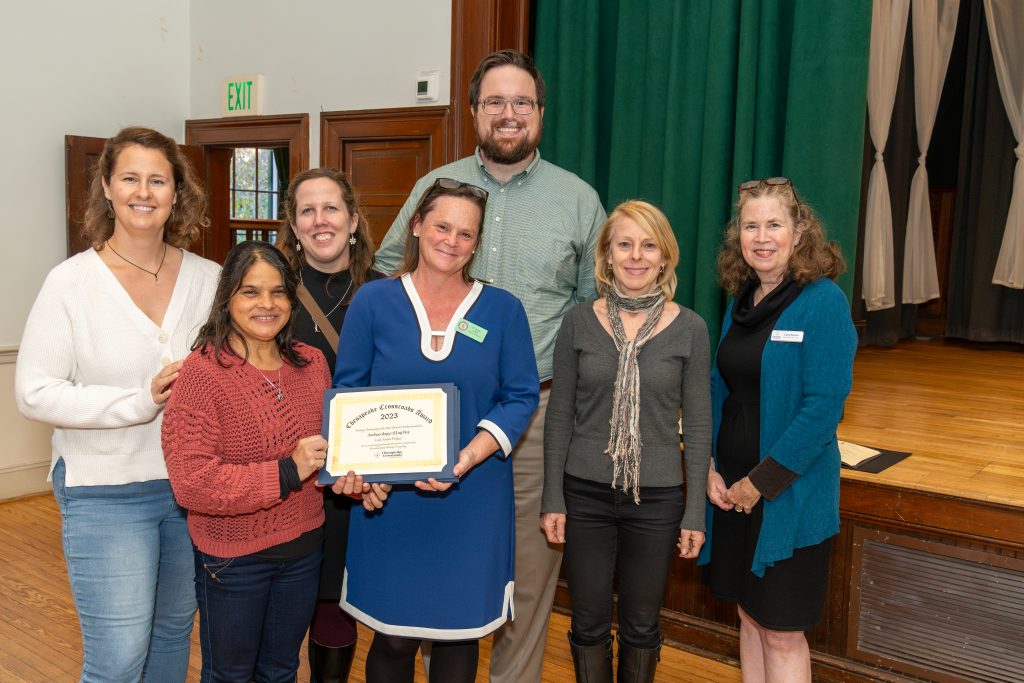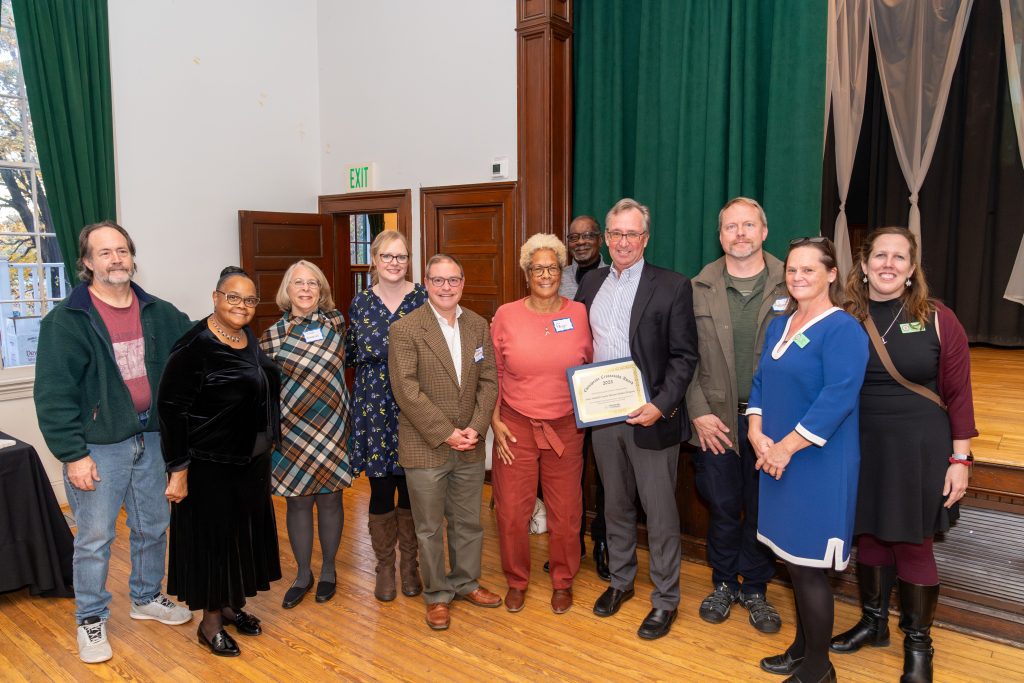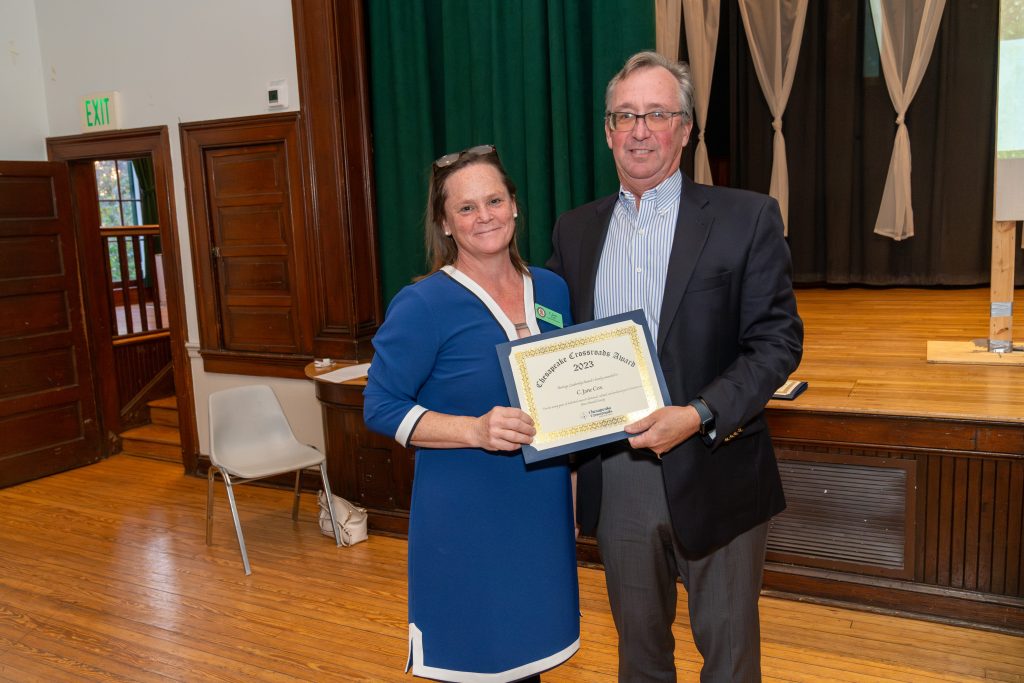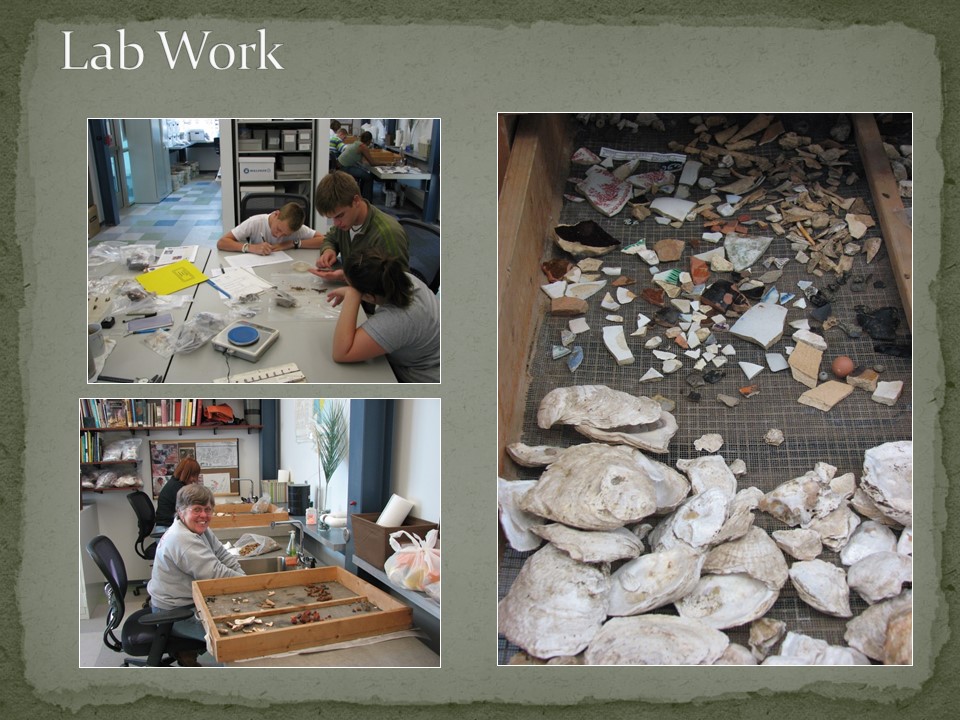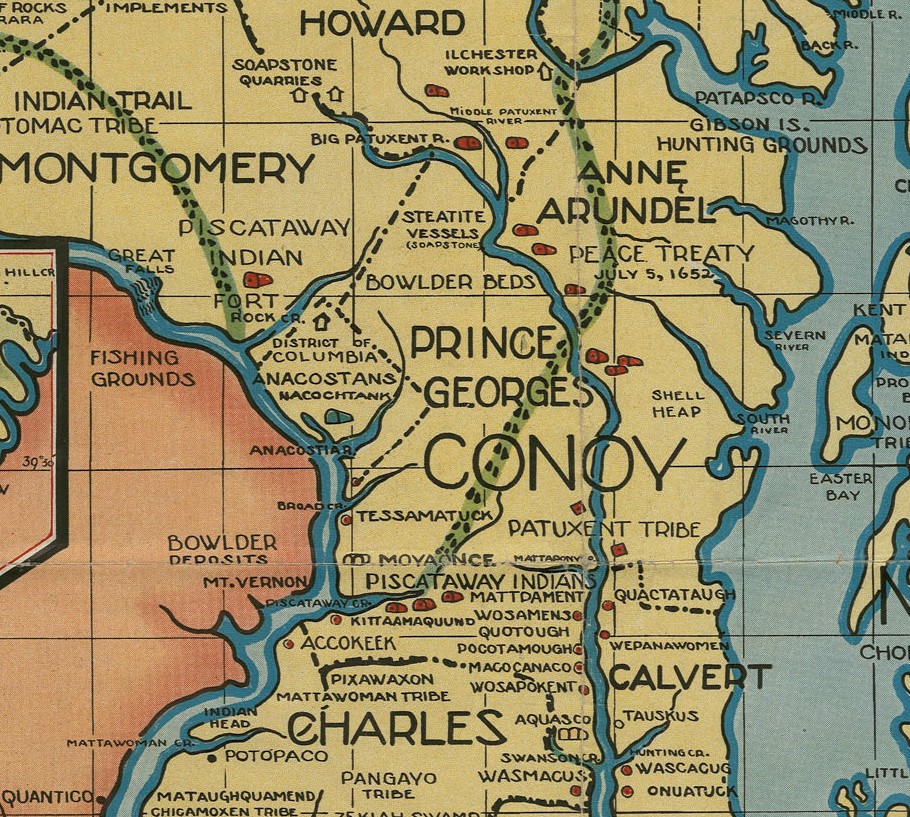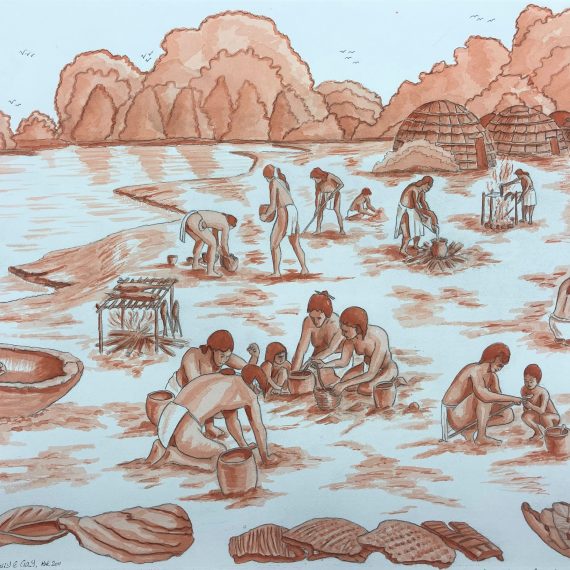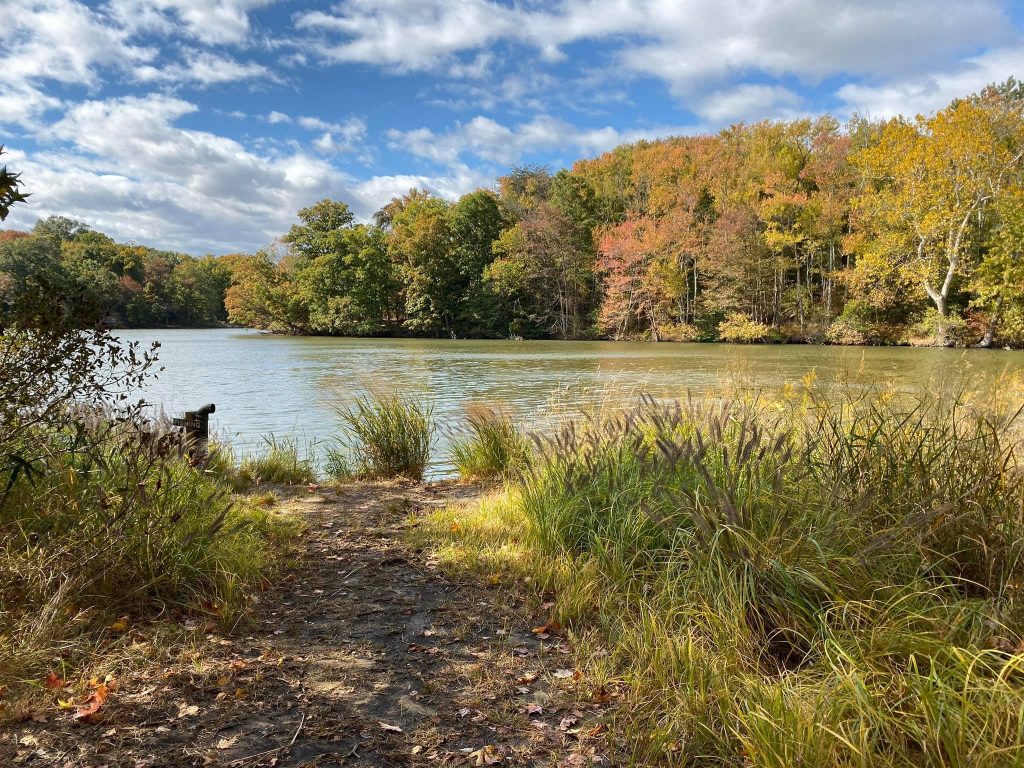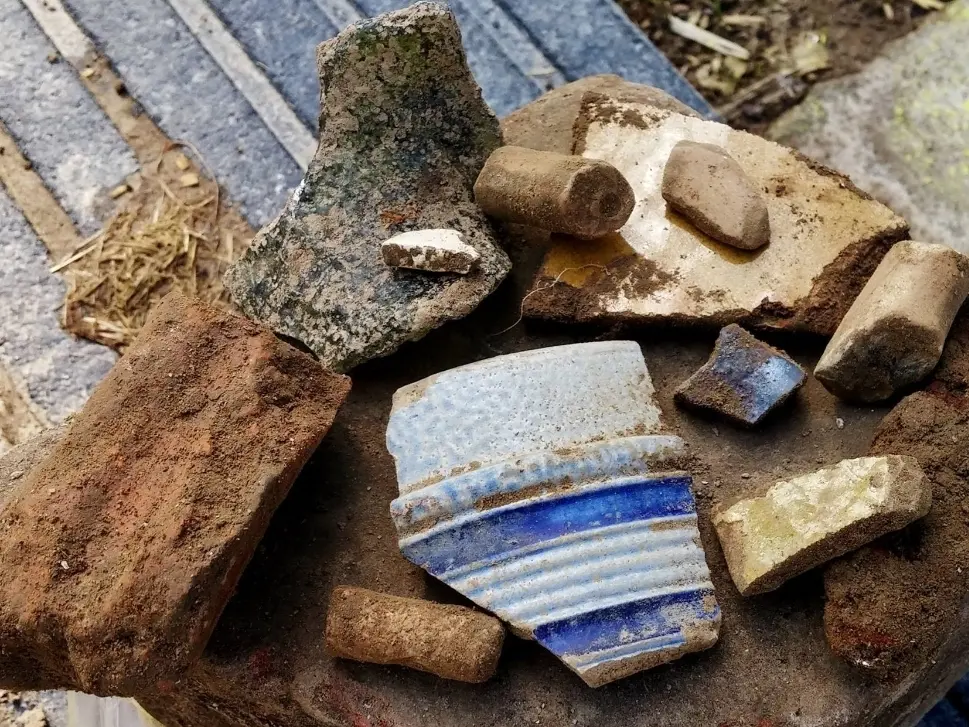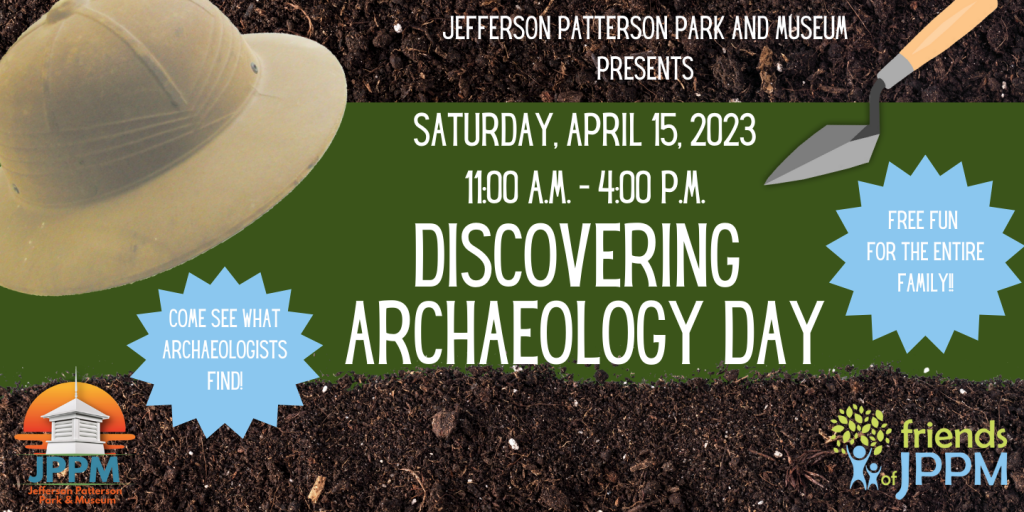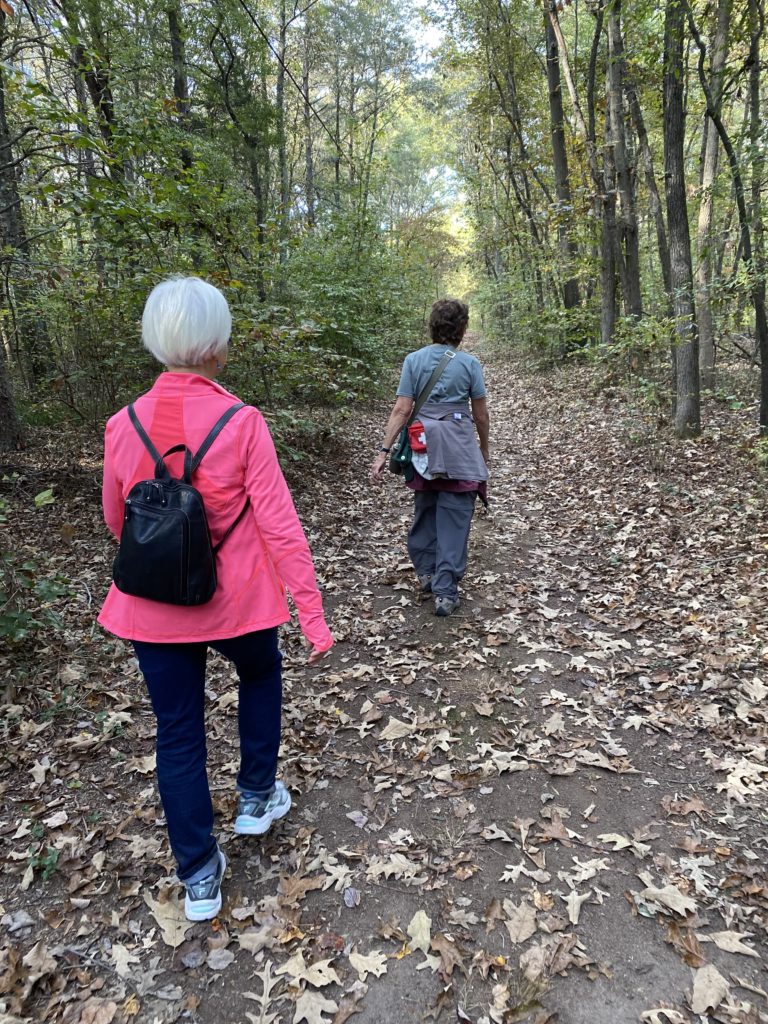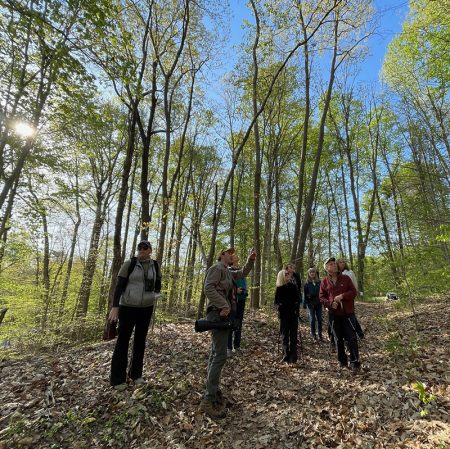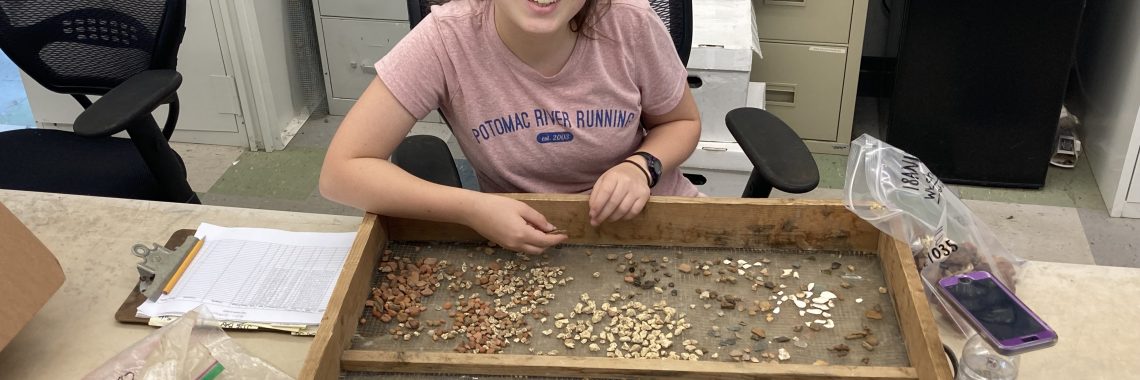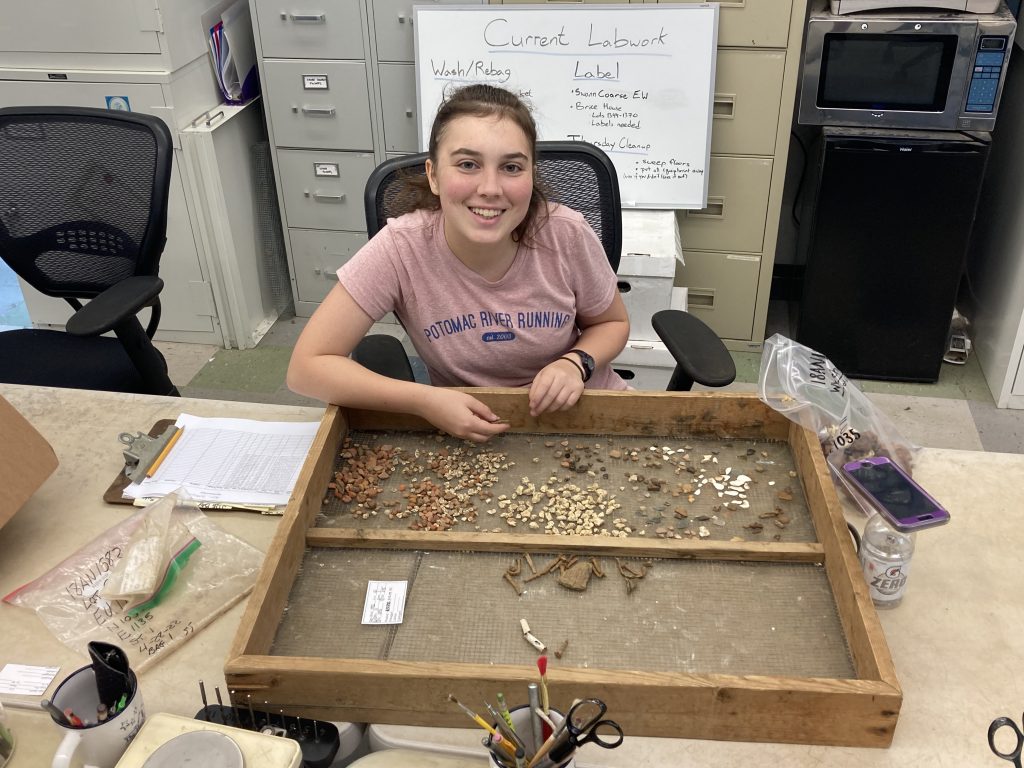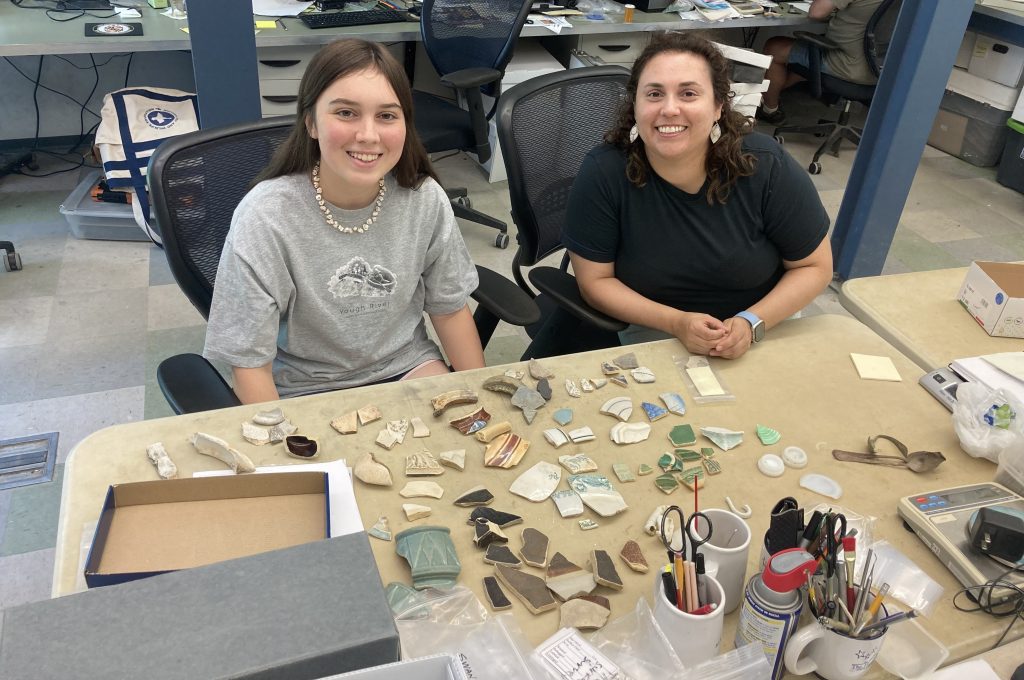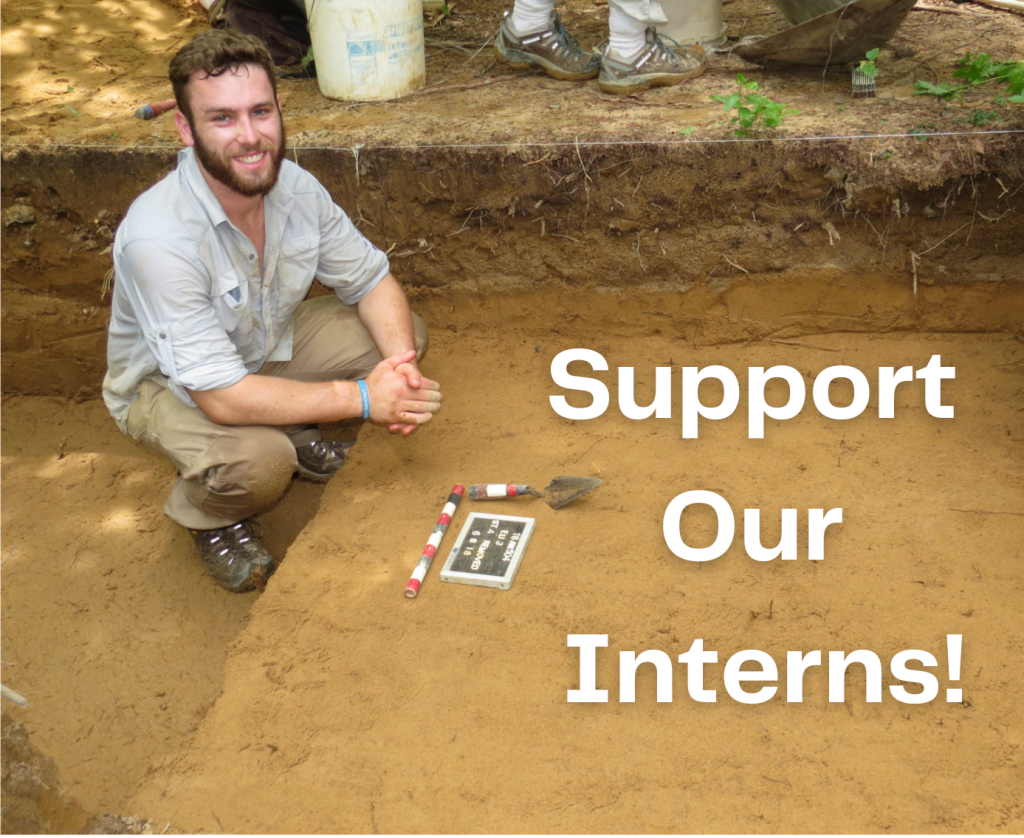Bringing the Past to the Present, For the Future: Constructing a Database for the Archaeological Collections and Records of Jug Bay Wetlands Sanctuary
By Jug Bay Intern Julia Ribblett. This blog post was originally published in Marsh Notes, the newsletter of Jug Bay Wetlands Sanctuary, and is cross-posted here.
Hidden among the freshwater tidal marshes and forests on the Anne Arundel County side of Jug Bay Wetlands Sanctuary are 26 documented archaeological sites, encompassing nearly 13,000 years of human activity along the banks of the Patuxent River. Since the county began buying Jug Bay’s current properties in the late 20th century, the Lost Towns Project and the archaeological team under Anne Arundel’s Cultural Resources Section has accumulated thousands of artifacts from the area. Amidst the county’s ongoing project to re-access all the boxes in their storage facilities, Lost Towns and Jug Bay identified a shared need to organize the information on the Sanctuary’s archaeological collections and records in one place.
Working on the Jug Bay collections database at the Anne Arundel County Archaeology Lab in Edgewater, Maryland. Photo credit: Kennedy Wiggins, Lost Towns Project Intern.
For my research, I used Google Sheets to construct a database, an accessible digital tool that stores and retrieves detailed information on all of Anne Arundel County’s artifact collections and records from Jug Bay-area sites. My database opens first to an overview page with links that researchers can use to navigate to a Jug Bay site’s individual page. After gathering feedback through a survey to the Jug Bay community, I divided each site’s page into separate archaeological projects by rows. Each project received a summary, citations for all existing literature and reports, updated information on the number of artifact boxes, and the storage locations of those boxes. I also created an artifact table summarizing the number of diagnostic artifacts in each project’s collection for future researchers who may be interested in certain types of prehistoric or historic objects.
Overall, I realized how much effort is required to maintain an archaeological collection as well as the seriousness of the universal issues of information backlogs and lack of standardization that plague the archaeological profession. Fortunately, protecting and preserving the information about Jug Bay’s archaeological record for the Maryland community through a database is helping to resolve those issues in Anne Arundel County. I hope that future professional and non- professional researchers who are interested in Jug Bay’s archaeological past will find my database accessible and helpful for their work. I also hope that both Jug Bay and the Lost Towns Project will be able to add new data to my research and use my database as a guide for organizing the collections and records of other sites in a similar format.
The county is currently working to publish a link for the public to access the database. You can contact the Cultural Resources Section for more information.
Screenshot of the “overview” page in the Jug Bay collections database. Photo credit: Julia Ribblett.

